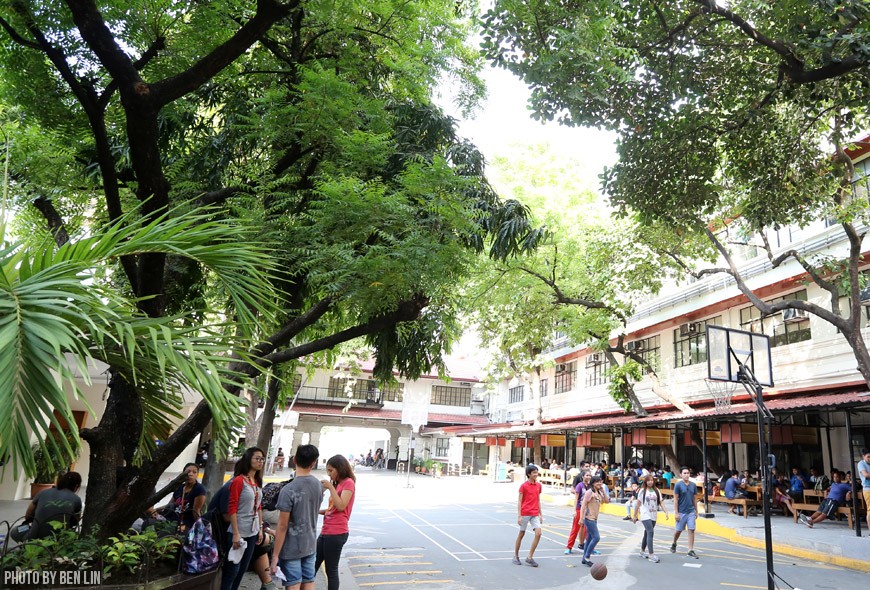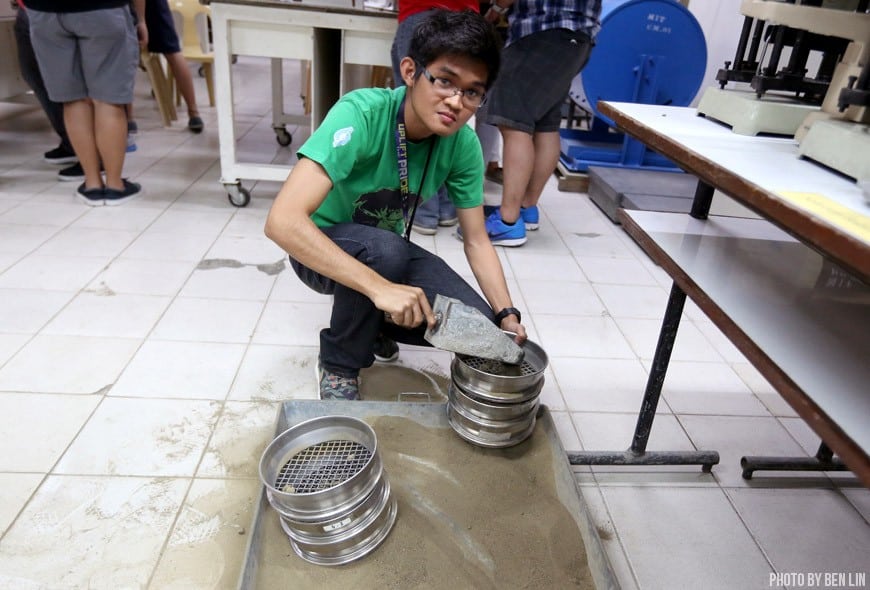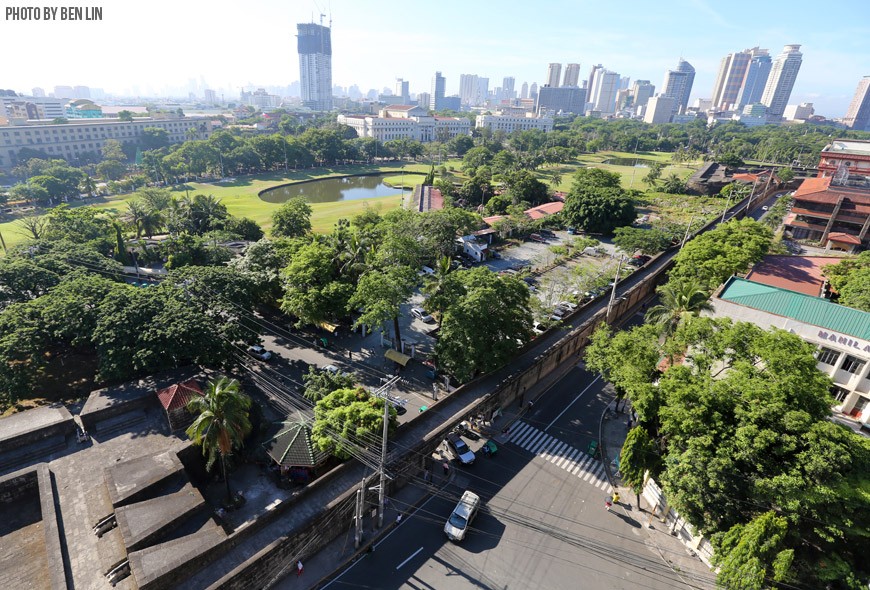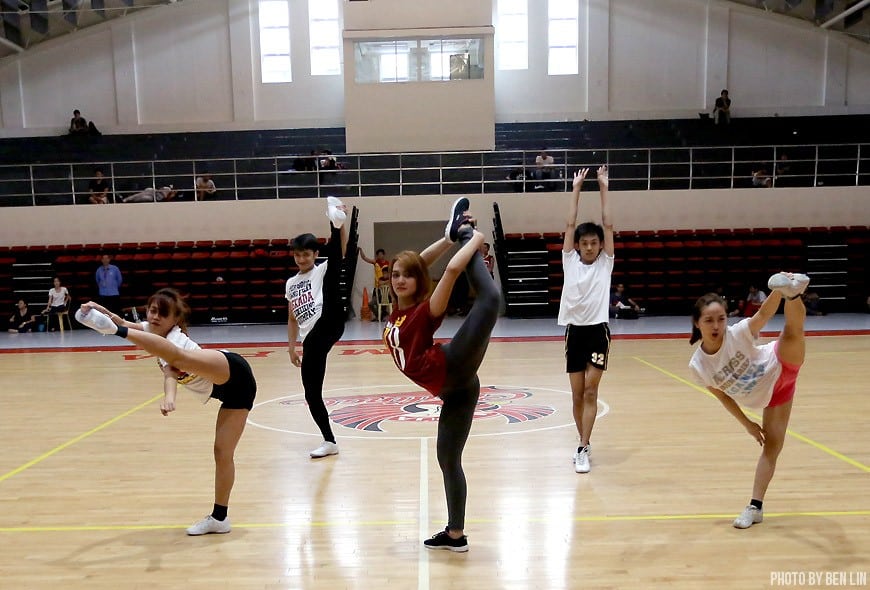Studying abroad in a foreign country can be downright scary. You don’t know the people, you don’t know the language, and you certainly don’t know the area. But regardless of all the unknowns, the experience will undoubtedly be life changing. In the age of globalization, it is becoming increasingly important for millennials in the workplace to consider studying abroad and immersing themselves in alternative cultures.
Only 1 percent of all college students currently enrolled in American universities study abroad. Of this percentage, 12.4 percent choose to study in Asia. As a leading continent in all things STEM (science, technology, engineering, and math), it begs to question why more students from the U.S. aren’t studying in these countries, especially if employers are twice as likely to hire graduates who have had global experience.
While most may think China or Japan would be the likely choice when deciding to study in Asia, the Philippines is quickly becoming a competitive nation when focusing on STEM learning. And one of the schools gaining recognition for their educational edge is the Mapúa Institute of Technology.
Founded in 1925, Mapúa is located in the heart of Manila, in both Intramuros and Makati City. The first school in Southeast Asia to have ABET-accredited engineering and computing programs, the historic school is trying to bolster its popularity among the world and attract more foreign students.
The Importance of ABET recognition
ABET is a nonprofit, non-governmental organization recognized by the Council for Higher Education Accreditation. Consisting of more than 2,200 experts from various industries, academia and government, each member serves as a program evaluator, commissioner, board member or advisor, and offers their time to support quality assurance activities around the world.
The organization has accredited over 3,400 programs at 700 colleges and universities in 28 countries. The goal is to allow students and employers to feel confident that each ABET program meets the quality standards of preparing a global workforce.
With 10 accredited programs, Mapúa Institute of Technology has become a powerhouse in driving international innovation, specifically in engineering, and is progressing toward becoming a global center of educational excellence.
STEM students from American colleges can easily transfer credits from any one of these programs while obtaining the global experience that is required in today’s corporate culture.
A Foreigner Studying Abroad in Manila
For those who have never been to the Philippines, the bustling streets of Manila may be a bit of a culture shock. Don’t be surprised to see pedicabs (tricycles) dropping off students, more motorcycles than cars buzzing around the city, and tons of food vendor carts lining the streets.
To ensure the cultural transition is as smooth as possible, the Guidance Society of Mapúa-International Students (GSM-IS) does a great job of making sure each student integrates successfully. Advisor Arlene C. Macatuggal tells MiLLENNiAL she tries to create an environment where foreign students can accept Mapúa as their “home away from home.”
In addition to rigorous classes, the school also encourages students to get involved with their corporate partners for on-the-job training. This opportunity extends far beyond the Philippines and into countries like Taiwan, Saudi Arabia and even Sweden.
International Linkage Officer for Research and Development at Mapúa, Delia Senoro, PhD. informs us that the university has “44 international partners in 19 countries” that provide extended work experiences for Mapúa students.
Student and Campus Life for International Students
Like most schools, Mapúa offers a diverse campus life where students can get involved in many non-academic activities. Dance and basketball teams are often seen occupying the gym, and multimedia arts and science students roam the halls working on side projects. Recording studios and editing bays are also available for students to produce their own music tracks and short videos.
The Office of Student Affairs regularly plans events for foreign students ranging from concerts and food fairs to cultural nights and weekend getaways. Students are encouraged to promote their home countries while embracing Filipino traditions.
Stepping Out of Your Comfort Zone
Traveling to Asia is quite the feat for most people. Eastern culture is vastly different from Western society, but the Philippines offers a middle ground between the two, making the transition and experience much easier.
Mapúa aims to increase its students’ chances of employment anywhere in the world by exposing them to a variety of cultures while finely tuning their expertise in their respective fields.
To learn about studying abroad at the Mapúa Institute of Technology, review the Foreign Student Guide available at Mapua.edu.ph.






